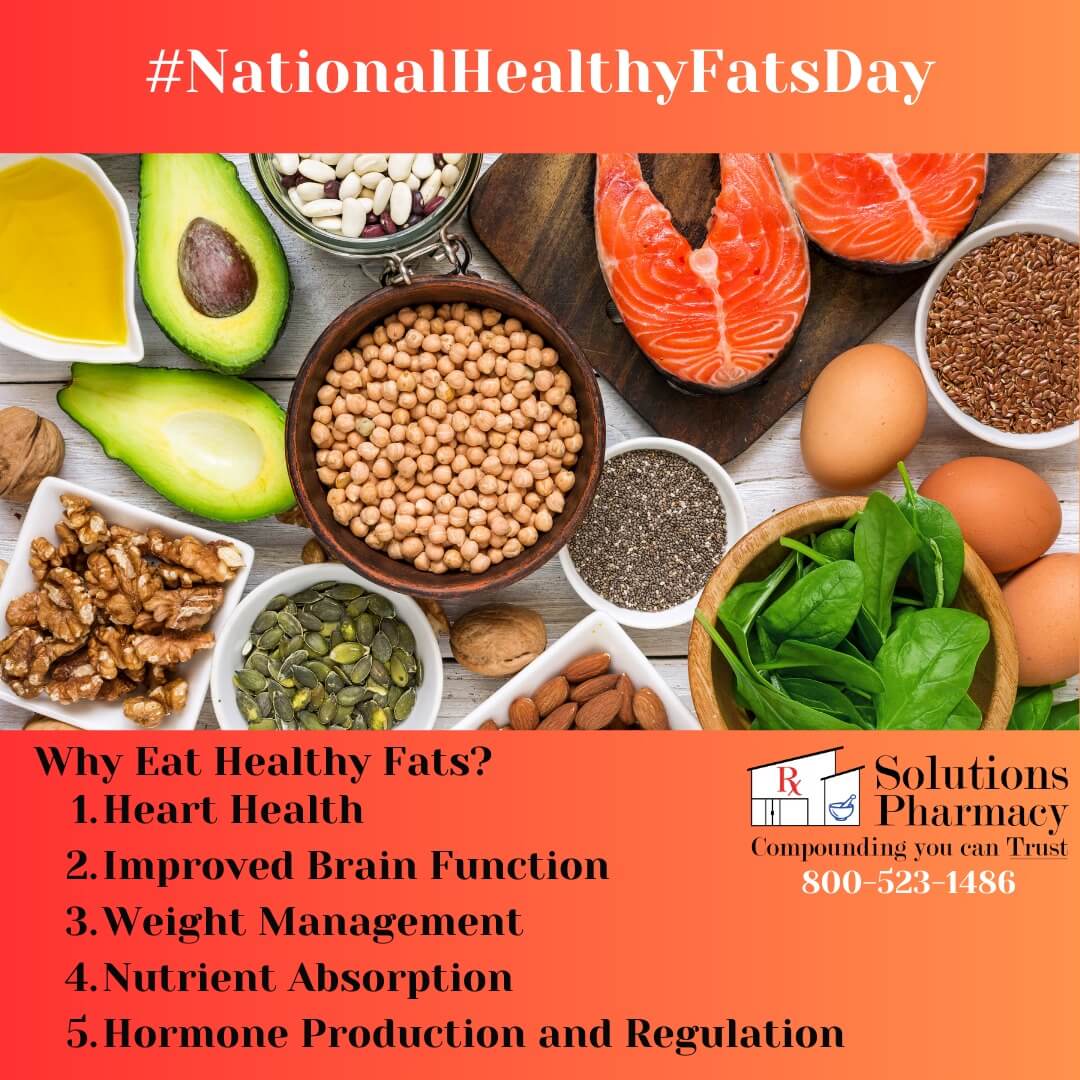
The Importance of Healthy Fats in Your Diet
In recent years, the narrative around dietary fats has shifted significantly. Once vilified and blamed for various health issues, fats are now recognized as a vital component of a balanced diet. However, it’s crucial to differentiate between healthy and unhealthy fats, as they have profoundly different effects on our health. This article will explore what healthy fats are, why they are essential, and the benefits of incorporating them into your diet.
Understanding Healthy Fats
Healthy fats, also known as unsaturated fats, are primarily found in plants and fish. They are categorized into two main types: monounsaturated and polyunsaturated fats. These fats remain liquid at room temperature, unlike saturated fats, which are solid.
- Monounsaturated Fats are found in foods like olives, avocados, and nuts. They are known for their ability to improve cholesterol levels and mitigate the risk of heart disease.
- Polyunsaturated Fats include omega-3 and omega-6 fatty acids, crucial for brain function and cell growth. Omega-3 fatty acids are especially beneficial and are found in fatty fish, such as salmon, mackerel, and sardines, as well as flaxseeds and walnuts.
Why Eat Healthy Fats?
The inclusion of healthy fats in your diet is essential for several reasons:
- Heart Health
Healthy fats have been shown to lower bad cholesterol levels (LDL) while increasing good cholesterol levels (HDL), reducing the risk of heart disease and stroke. They also help reduce inflammation, which is a risk factor for heart disease. - Improved Brain Function
Fats are crucial for brain health. About 60% of the brain is made up of fat, and omega-3 fatty acids are particularly important for brain function and development. They have been linked to a lower risk of dementia, improved focus, and a decrease in cognitive decline. - Weight Management
Contrary to the belief that fats make you fat, healthy fats can actually help in weight management. They are more satiating than carbohydrates, helping to reduce overall calorie intake by keeping you full longer. Furthermore, omega-3 fatty acids have been shown to enhance metabolic health and even aid in weight loss when consumed as part of a balanced diet. - Nutrient Absorption
Certain vitamins, such as A, D, E, and K, are fat-soluble, meaning they require fat to be absorbed by the body. Including healthy fats in your meals ensures that you get the most out of the vitamins and minerals in your food, contributing to overall health and well-being. - Hormone Production and Regulation
Fats are essential for the production and balance of hormones in the body. They play a crucial role in maintaining the health of the reproductive system and other vital bodily functions.
The Benefits of Eating Healthy Fats
Incorporating healthy fats into your diet offers a plethora of benefits, including:
- Enhanced cardiovascular health
- Improved brain function and mental health
- Support in weight management and satiety
- Optimized nutrient absorption and overall dietary balance
- Better hormonal balance and reproductive health
Conclusion
The role of healthy fats in the diet cannot be overstated. By focusing on unsaturated fats and incorporating sources of omega-3 fatty acids, you can significantly improve your health and reduce the risk of chronic diseases. Remember, the key is to choose healthy fats over unhealthy ones and to consume them in moderation as part of a balanced diet. Embracing healthy fats is not just about reducing the risk of disease; it’s about enhancing overall health, well-being, and quality of life.
#HealthyFats #NutritionScience #HeartHealth #BrainHealth #WeightManagement #Omega3 #UnsaturatedFats #HealthyEating #Wellness #DietaryFats #NutrientAbsorption #HormoneHealth #FoodIsMedicine #EatClean #HealthyLifestyle
